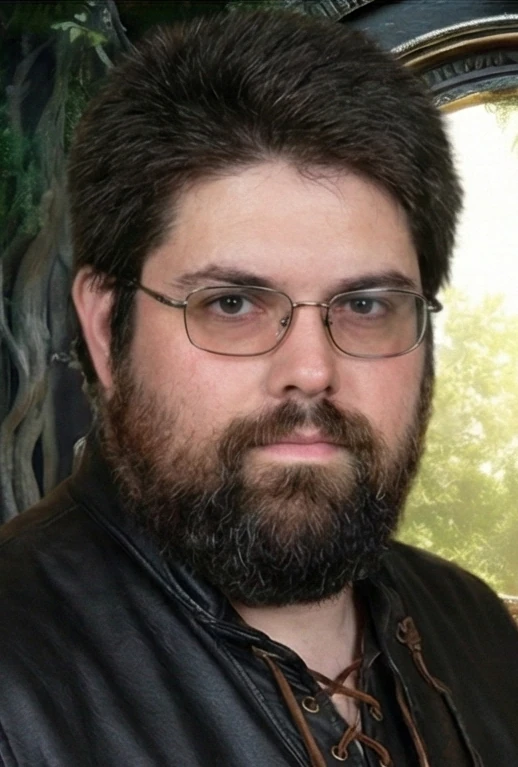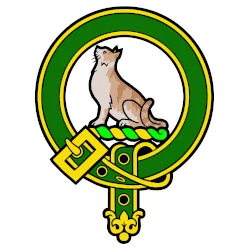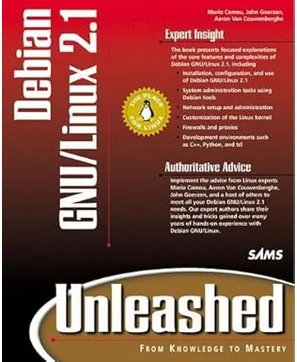The Secret Country
For 9 years, a group of five children have played what they call the Secret: a hidden world of make-believe, whose universe they have created for themselves, filled with dragons and unicorns and kings and dire plots and sorcerers both kind and cruel. All goes well as they wile out their summer hours inventing and improvising and practicing their lines, until one summer the children, now teenagers, are split up. It should be the end of the Secret, at least for that summer, and so it seems to be… until one of the children stumbles upon a magic sword lying within a hedge, and crawls through to discover herself in another world. The world of the Secret, their make-believe land suddenly turned horribly, wonderfully, real.
Told in the unabashed tradition of Narnia, The Secret Country follows the adventures of the young children as they are thrust into a world that could have been formed from their own imagination, but which still doesn’t seem quite right. Is the Secret Country real, or imaginary? A mass hallucination, or something that, somehow, they have been creating for themselves all along? Does it matter, if they are caught up in the roles they have taught themselves to play, whether or not they believe? And if the Secret has become more than a game of make-believe, What will happen if the children cannot overcome the challenges they invented for themselves?
The Secret Country reads very much like the Chronicles of Narnia, only without the Christian allegory. It is a pure fantasy tale without the encumbrance of real-world theology, readily accessible to the young reader, yet with enough meat to satisfy an adult interest. The writing is skillful and simple, albeit lacking in the poetry that the author brings to some of her other works. A close examination and attention to detail will be rewarded, but probably not enough to stand up to repeated readings. An enjoyable read.


